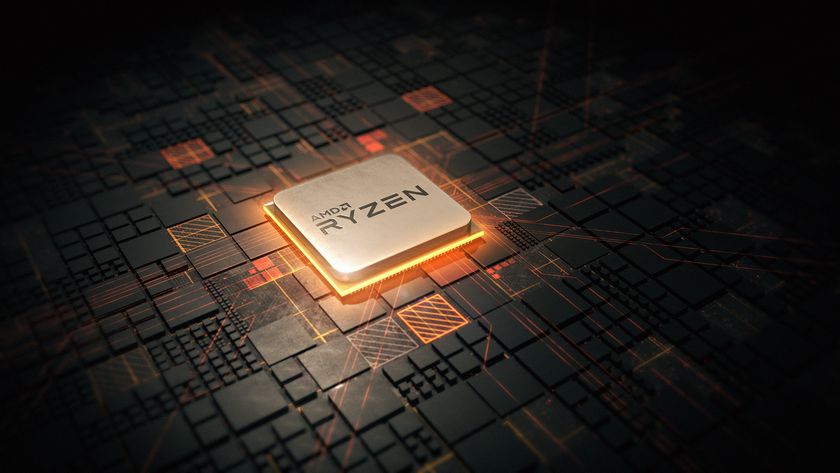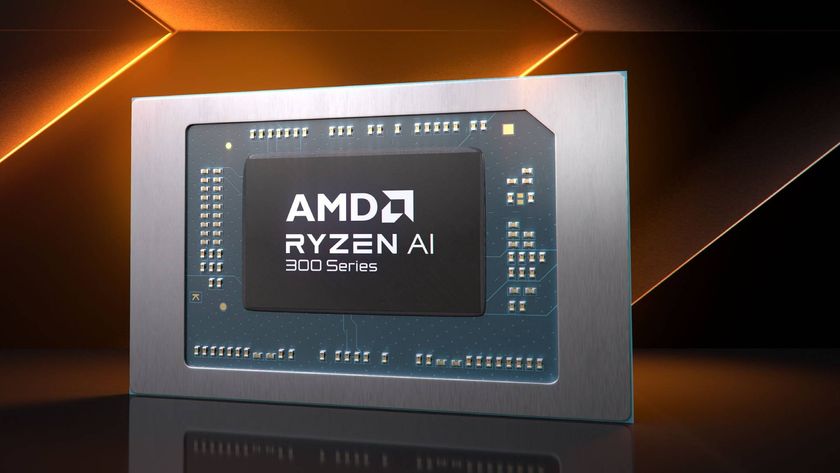Is multi-core the new MHz myth? (Part 2)
Marketing mumbo jumbo and very little software support...
In that scenario, Windows has a nasty habit of loading up cores with multiple threads instead of spreading them out across as many cores as possible. This will become particularly relevant next year when Intel reintroduces HyperThreading with its Nehalem processor architecture.
As Ty Carlson, Microsoft's director technical strategy recently said, Vista is "designed to run on one, two, maybe four processors." According to Carlson, to take advantage of processors with eight or more cores, Microsoft's next operating system will need to be "fundamentally different." Given how long it took Microsoft to deliver the technically unambitious Vista instalment, that's a rather ominous statement.
So what have we learned?
There's little doubt that the performance benefits offered by multi-core processors are compelling when combined with multi-threaded software. But it's equally clear that it will take some time before the bulk of the PC software ecosystem can catch up with rapidly developing multi-core hardware. Until then, multi-core processors will not always deliver fully on their performance potential.
Many of the pros and cons in the multi-core argument make a whole heap of sense. In the long run, however, multi-core technology is the real deal.
It's not a marketing myth conjured up to flog more chips and systems. It's actually the computer industry's best shot at maintaining the incredible pace of performance and capability progress that has so far been the norm.
Yes, it won't happen overnight. But all the evidence suggests the software industry is rumbling into action regards multi-threading support. After all, it's very likely that five years from now, everything from desktops to laptops (and even smartphones) will be powered by many-core processors. Ultimately, there is no alternative. If the hardware is changing, the software will have to change with it.
What's more, if you're buying a system right now and want the most future-proof PC possible, you'll need as many cores as you can get. In the meantime, you'll enjoy a seriously smooth and stable computing experience.
Get daily insight, inspiration and deals in your inbox
Sign up for breaking news, reviews, opinion, top tech deals, and more.
Technology and cars. Increasingly the twain shall meet. Which is handy, because Jeremy (Twitter) is addicted to both. Long-time tech journalist, former editor of iCar magazine and incumbent car guru for T3 magazine, Jeremy reckons in-car technology is about to go thermonuclear. No, not exploding cars. That would be silly. And dangerous. But rather an explosive period of unprecedented innovation. Enjoy the ride.













